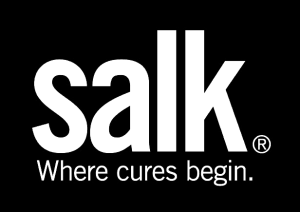Our methods for treating diseases are, unfortunately, detached from our understanding of the mechanisms that keep us healthy. This is in large part because health is believed to be a passive process and disease occurs when there is a break in the system. As a result, biological research has reduced organisms to their various parts to focus on understanding how disruptions in the body — for example, due to genetic mutations or infections — can lead to disease. A drawback to this approach is that our bodily systems do not exist in isolation; when one system is impaired, the whole body is affected. A second drawback is that this tells us how disease occurs but does not tell us how we can induce health. Rather than asking how we can treat disease, we need to ask, “How can we maintain health?”
The Harnessing Physiological Health to Treat Disease project leverages one of the strongest drivers of biological innovation and complexity: host-microbe interactions that have evolved for health. The project’s researchers understand that the human body and its resident microorganisms have evolved together to maintain the health and fitness of both groups by promoting communication between various bodily systems. The researchers aim to use this understanding in a novel approach to manipulate the complex interactions between host and microbe in order to tip the scale from a zero-sum game (in which one group must be destroyed for the other to survive) to a cooperative scenario of benign coexistence.
Their working hypothesis is that health is an active process that includes the coordination, by microbes, of the host’s physiological mechanisms. By understanding our bodies’ physiological mechanisms and how microbes coordinate these processes to maintain health, the project seeks to extend life span and health span, overriding physiological decline and enabling people to stay healthy even with disease. It involves a new framework for studying disease — including whole animal models, evolutionary principles and host-microbe interactions — to define the properties and fundamental principles governing health. By integrating concepts from evolutionary biology, physiology, microbiology and ecology, the project will institute a new conceptual paradigm and methods by which scientists can understand, mechanistically, what it means to be healthy and how to apply this knowledge to treat disease.
The Harnessing Physiological Health project is being led by Janelle Ayres at the NOMIS Center for Immunobiology and Microbial Pathogenesis at the Salk Institute for Biological Studies in La Jolla, California, United States.



